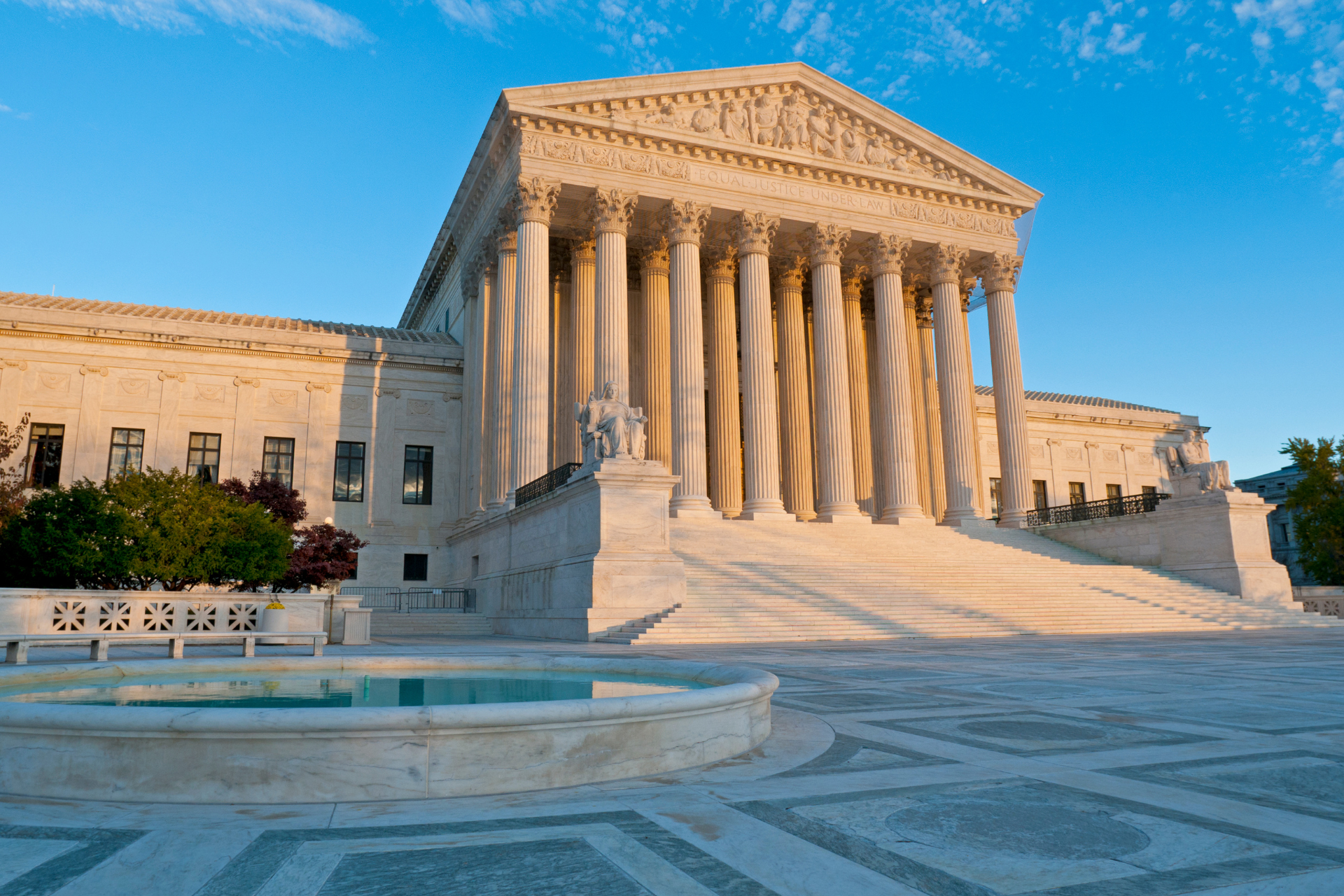On May 15, 2023, the Supreme Court declined a certiorari petition that left in place a U.S. Court of Appeals for the Fourth Circuit opinion that limits how settlements with environmental agencies can trigger the “diligent prosecution” bar to a Clean Water Act citizen suit. In Naturaland Trust v. Dakota Finance LLC, the appeals court held that Section 505(b)(1)(B) of the Clean Water Act will not bar a citizen suit if the enforcement process does not allow for meaningful public participation.
Naturaland Trust involved Dakota Finance LLC, the owner of Arabella Farms, which had received a notice of violation from the South Carolina Department of Health and Environmental Control (DHEC) after clearing land to build a wedding venue without complying with storm water permitting requirements. Shortly after receiving the notice, in February 2022, Dakota Finance settled the matter by entering into an administrative consent order with DHEC and paying a $6,000 fine. However, in January 2022, Naturaland Trust filed a citizen suit against Dakota Finance under CWA Section 505 after sending the requisite 60-day notice of intent to sue.
The District Court subsequently dismissed the suit, holding that the DHEC enforcement action had triggered the diligent prosecution bar. On appeal, a three-judge panel reinstated the case, holding that the administrative settlement did not constitute diligent prosecution under Section 505.
The Appeals Court agreed with the plaintiffs that the public participation required for the settlement was not comparable to an action brought for violations of the Clean Water Act as described in the enforcement provisions of the act, namely Section 309, which “provides for certain rights of interested persons,” including rights to public notice and judicial review. The DHEC proceeding was settled after the agency invited Dakota Finance to discuss the alleged violations in an “informal, voluntary private conference” without public notice or participation, and was therefore not a “comparable state action.” By not meeting this comparable enforcement test, the enforcement action could not be considered to be “diligent prosecution.”
By denying certiorari in this case, the Supreme Court missed the opportunity to resolve a circuit split and provide clarity for what constitutes a comparable enforcement action that will trigger the diligent prosecution bar. While this issue remains unresolved, defendants in citizen suits should carefully consider how settlement of an agency enforcement case will affect the posture of pending citizen suits.

Supreme Court Sustains High Bar to Diligent Prosecution Defense for Clean Water Act Citizen Suits
Subscribe
Do you want to receive more valuable insights directly in your inbox? Visit our subscription center and let us know what you're interested in learning more about.
View Subscription Center











